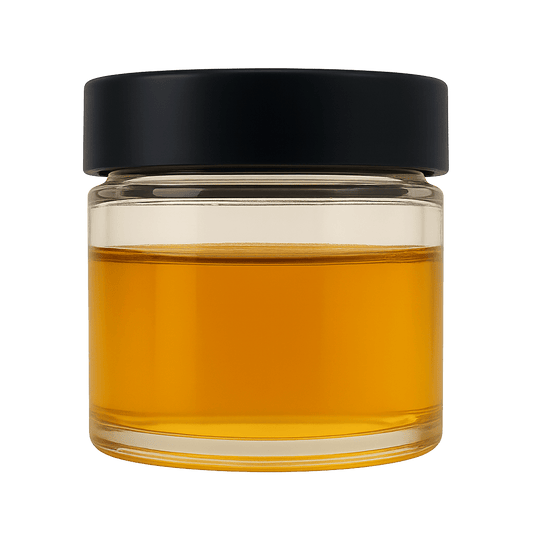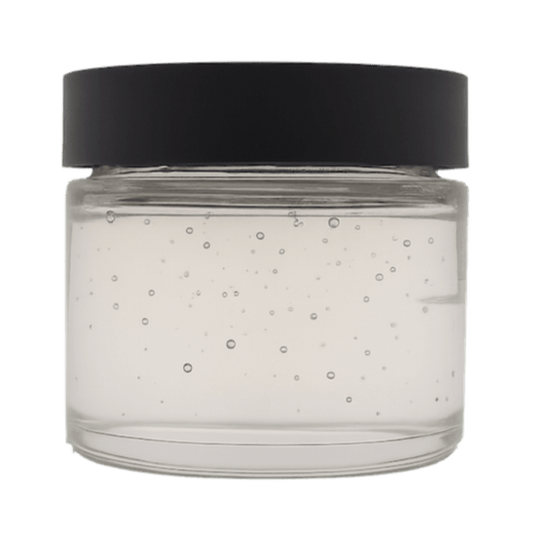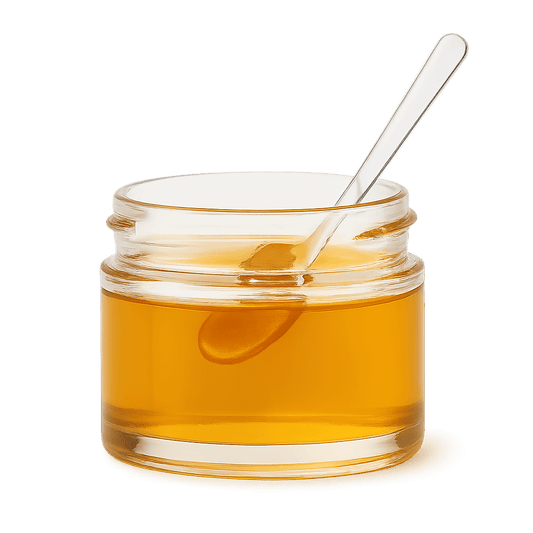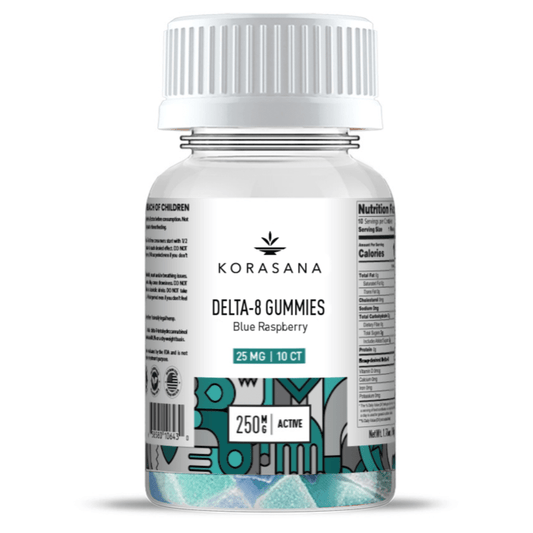Is Delta 8 THC Legal in Iowa?
NO - Delta 8 THC is Not Legal in Iowa
Delta 8 THC is considered illegal in Iowa. The state's legislation does not make exceptions for hemp-derived tetrahydrocannabinols, including Delta 8 THC. This means all tetrahydrocannabinols, their derivatives, and isomers are classified as controlled substances in Iowa, making Delta 8 a controlled substance within the state.
The legal framework in Iowa applies a 0.3% THC limit to all forms of THC, not just Delta 9 THC. This restriction essentially bans most Delta 8 THC products since they typically exceed this total THC concentration limit. Additionally, the Iowa Hemp Act restricts the sale and possession of hemp products intended for inhalation, which would include many forms of Delta 8 THC products.
Despite the federal legality of hemp-derived products under the 2018 Farm Bill, which legalized hemp and its derivatives as long as the final products contain less than 0.3% Delta 9 THC, Iowa's specific regulations have effectively made Delta-8 THC illegal in the state. The state's Controlled Substances Act and definitions related to hemp and marijuana reflect this stance, not distinguishing favorably for Delta 8.
In summary, the legal status of Delta 8 THC in Iowa is clear: it is illegal due to state regulations that classify it alongside other controlled substances, without exception for its derivation from hemp. This situation places Iowa among the states with restrictive cannabis laws, including those concerning derivatives like Delta 8 THC.
Legal Status of Delta 8 in Iowa
The information provided on this website does not, and is not intended to, constitute legal advice or any statements regarding the status of any laws. The information, content, and materials present on this site are for general informational purposes only and should not be relied upon for any specific purpose. Laws vary across different states and are subject to change. Therefore, information on this website might not reflect the most recent legal or other developments. Read our full legal disclaimer HERE.






